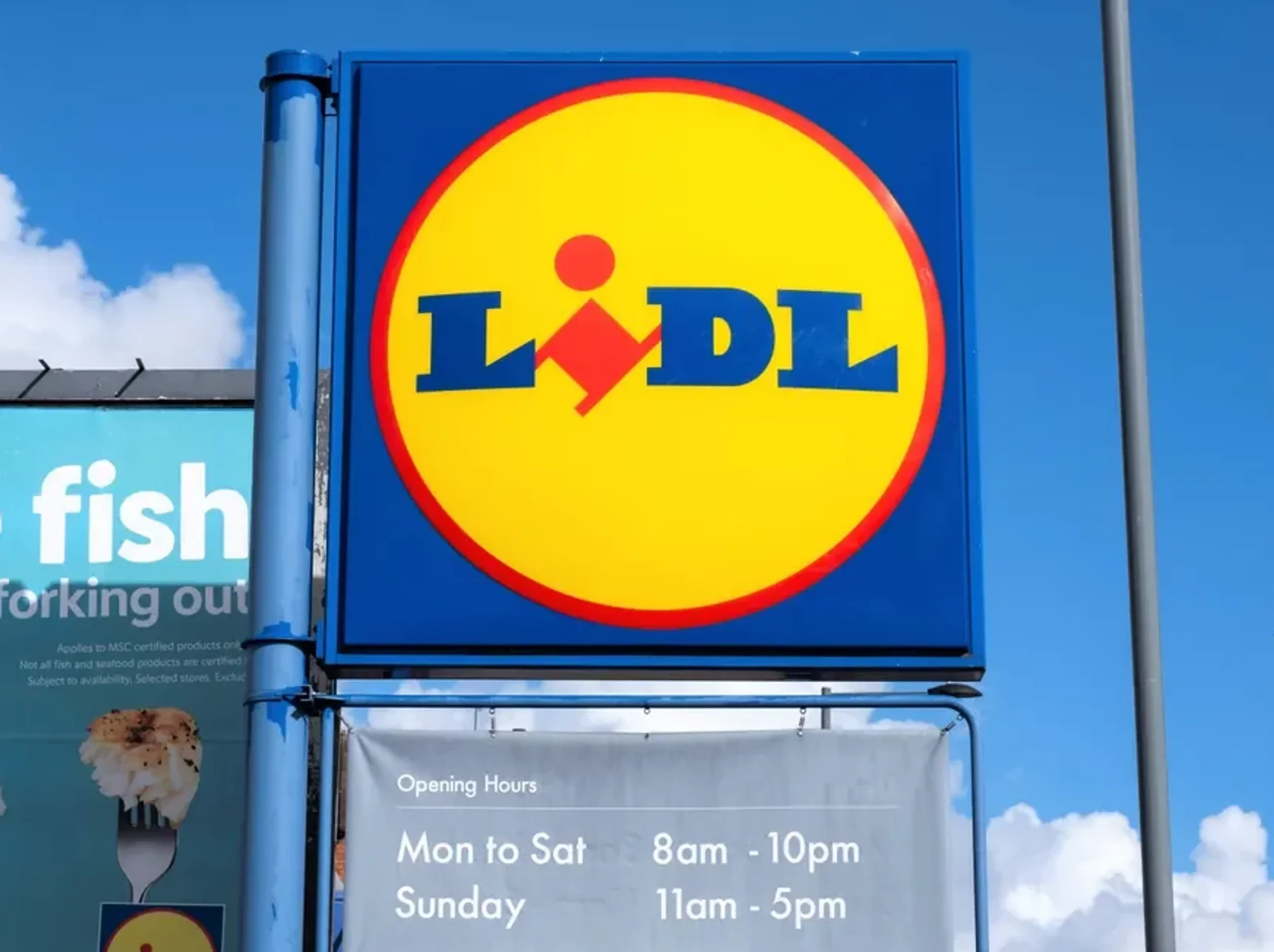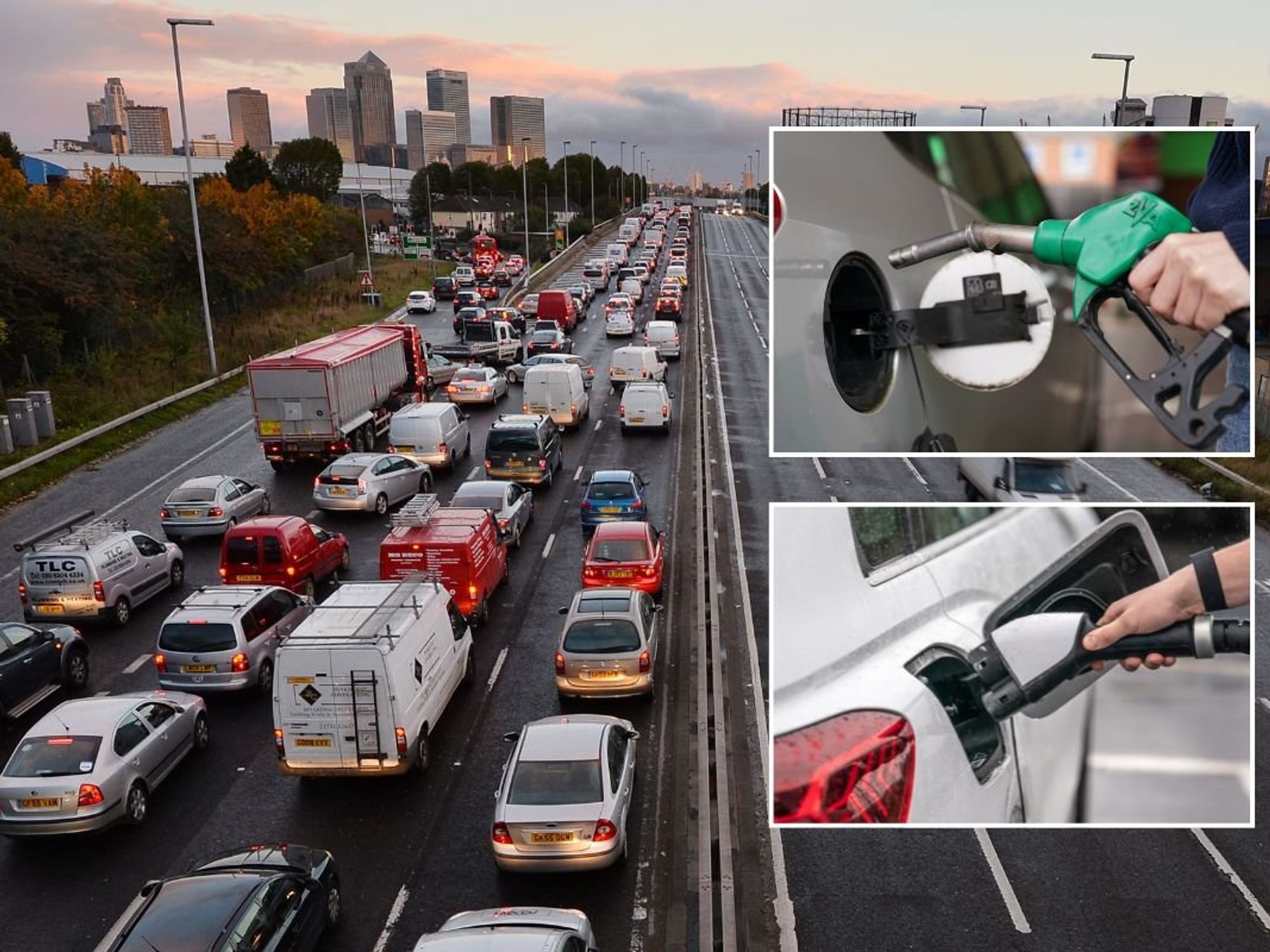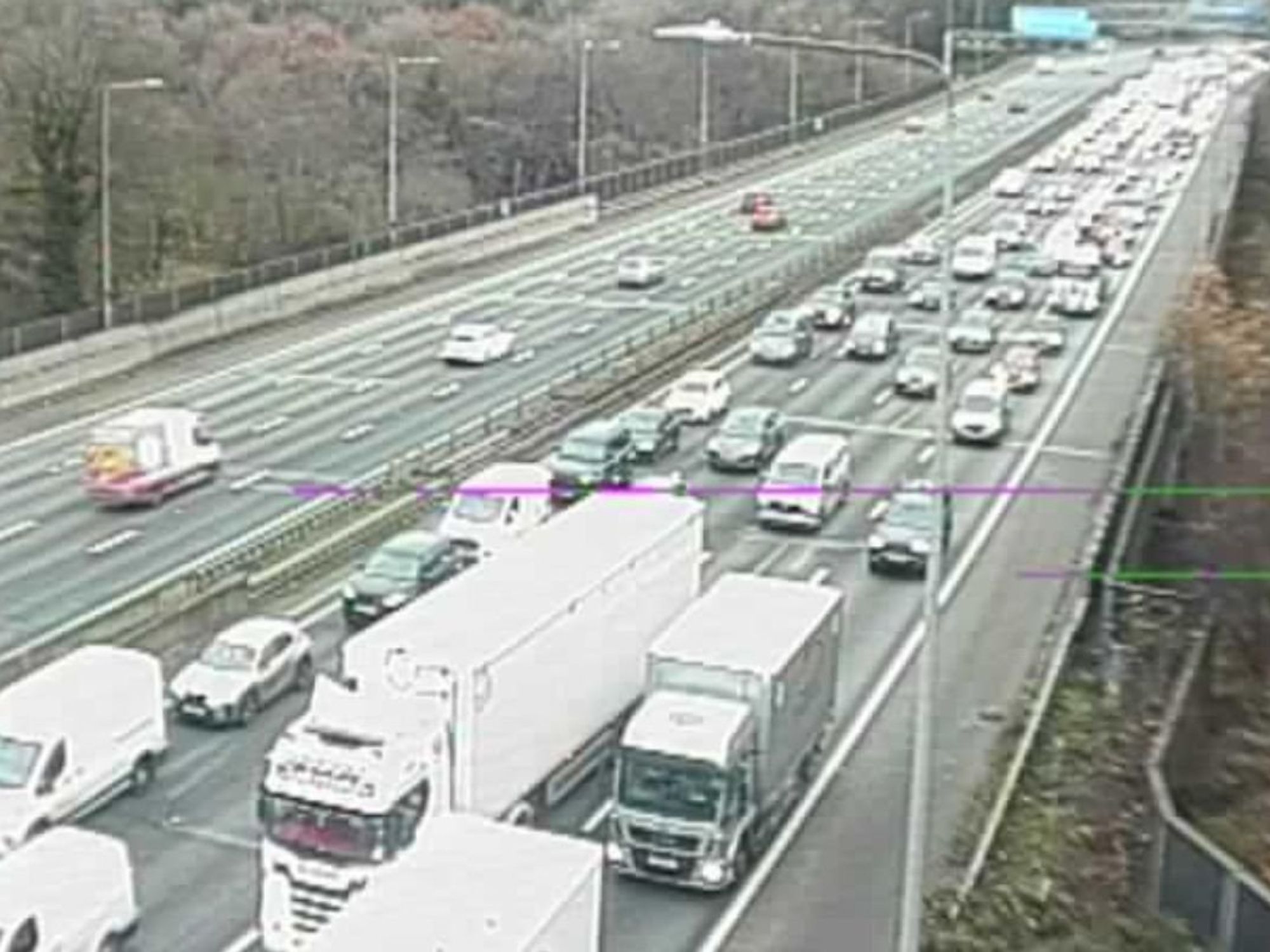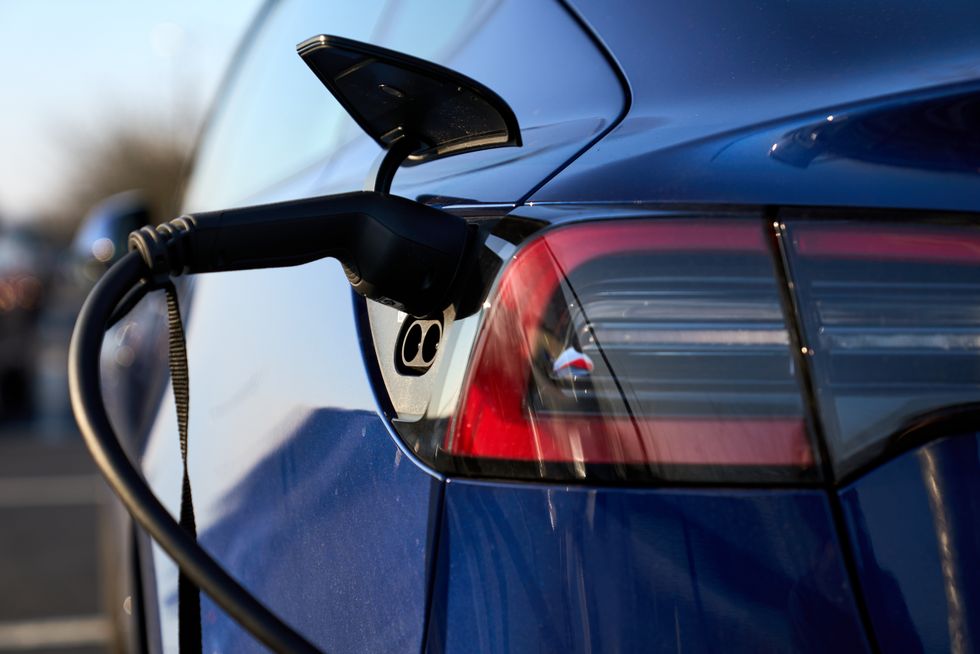'Eco-loons won't like this!' - Electric vehicle users to pay road tax from 2025

The tax-free nature of electric vehicles was initially introduced to incentivise using them. | John Walton

Chancellor Jeremy Hunt announced electric vehicles will no longer be exempt from vehicle excise duty from 2025
Don't Miss
Most Read
Electric vehicles will no longer be exempt from road tax from 2025, under plans announced today in the Autumn Statement by the Chancellor.
Jeremy Hunt, Chancellor of the Exchequer, said to the Commons today that in order to fill the holes in the UK’s finance, electric vehicles will no longer be exempt from ‘vehicle excise duty’ (VED) from 2025.
The Chancellor said: “Because the Office for Budget Responsibility (OBR) forecast half of all new vehicles to be electric by 2025, to make our motoring tax system fairer, I have decided that from then, electric vehicles will no longer be exempt from vehicle excise duty.”
He also confirmed that company car rates will ‘remain lower’ for electric vehicles, and that the government would limit ‘rate increases to one percentage point a year for three years from 2025’.
Since the inception of EVs, these models have been exempt from annual road tax as the government helped to incentivise electric cars.
However, with an increasing number of drivers choosing EVs – 14.6 per cent of all new cars registered in 2022 up until the end of October were electric – the government is under increasing pressure to help fill the financial gap left by their road tax exemption.
People have taken to social media to voice their opinions on the decision, with one Twitter user stating: “There goes the one and only reason to buy one.”
Another added: “Good. They damage the roads as much as other vehicles too.”
Electric vehicles will no longer be exempt from annual road tax.
John Walton
A third person commented: “Eco-loons aren’t going to like the electric vehicle tax.”
One user disagreed with new policy, stating: “If all cars are equal, why should a 4l BMW pay more than a 0.9l Fiat 500? With that paradigm, taxing electric vehicles seems silly.”
RAC head of policy Nicholas Lyes said: “After many years of paying no car tax at all, it’s probably fair the Government gets owners of electric vehicles to start contributing to the upkeep of major roads from 2025.
“While vehicle excise duty rates are unlikely to be a defining reason for vehicle choice, we believe a first-year zero-VED rate benefit should have been retained as a partial incentive.
“But we don’t expect this tax change to have much of an effect on dampening the demand for electric vehicles given the many other cost benefits of running one.
“The fact that company car tax increases on EVs will be kept low should also keep giving fleets the confidence to go electric, which is vital for increasing the overall number of EVs on our roads.”
Ian Plummer, director of automotive classified advertising company Auto Trader, said: “The Chancellor is clearly looking for revenues, but the prospect of additional running costs will drive more would-be buyers away from EVs when other incentives are being scrapped and high energy bills are eroding the advantages of going electric.
“An excise duty raid is deeply unhelpful and sends the wrong message if we’re to be serious about getting EVs into the mainstream.
“Drivers can still save £80 every 1,000 miles by going electric, but this hike takes away a big chunk of those savings.”











